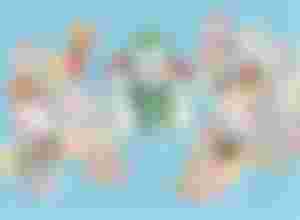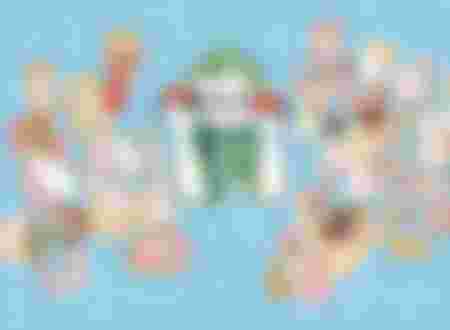Learning a language means being able to speak with others, transcending our cultural boundaries and finding our common humanity.

Over the past few years, the media have indicated to me that I am the youngest polyglot in the world (Hyperpolyglot). A word that seems to express a rare disease, but somehow it expresses a person who speaks a large number of foreign languages, and these people's passion for words and their organization leads to spending long hours alone in the company of a grammar book.
Although it is true that I can speak (20) different languages, including English, I took a lot of time to understand that studying the language includes more than bartering the price of kebabs in Arabic or ordering food from a menu written in Hindi. Mastering a language is a completely different profession.
I started learning languages at the age of thirteen. I became interested in the Middle East and started studying Hebrew on my own. For reasons that I still do not fully understand, I got attached to an Israeli funk group called (Hadag Nashash) and was listening to the same album every morning. By the end of the month I had memorized 20 of their songs by heart, even though I didn't understand what they meant. But once I learned to translate it, it was almost like I had loaded a dictionary into my head; I now know many hundreds of Hebrew words and phrases, without needing to open a textbook.
I decided to keep experimenting. I spent hours wandering around New York City to visit Israeli cafes to listen in on people's conversations. Sometimes I had the courage to introduce myself, rearranging song lyrics in my mind into strange, sometimes correct, new phrases. And it later turned out that I was approaching something. If the criterion for speaking a language is to know every word, as well as to discuss nuclear fission and classical music, then it is difficult to find someone who speaks their native language fluently.
I switched to Arabic, which I was learning every morning by reading headlines, using a dictionary, and talking to street vendors. Then she learned Persian, then Russian, then Chinese (Mandarin) and nearly fifteen other languages. On a normal day, I would speak with my friends on Skype in French and Turkish, listen to Hindi pop music for an hour, and have dinner with a Greek or Latin book. Languages have become an obsession for me, and I strive to learn it in summer classes, school, and through internet forums and town hall meetings.
By March (2012) media outlets such as the BBC and the New York Times were running stories about me, “The Teenager Who Speaks 20 Languages!” It seemed fanciful for a while; Because it made some believe that this strange hobby seemed like a trend, and it gave me a wonderful opportunity to develop language learning.
After a while, my moments with the media became more of a terrible business than an opportunity to spread the word. And most of the news programs were only interested in the Dancing Bear (Want to know more about the Middle East? Well, you are watching Channel 2 Arabic). While this sounds funny on the surface, it taught me an uncomfortable lesson about modern media: when the goal is simply to get viewers' attention, then the true significance of the story is lost in translation.
When I started exploring languages, I had this romantic view of words like speaking and fluency. But then I realized that you can formally speak a language fluently, and yet struggle to understand parts of it. English was my first language, but what I spoke was a mixture of teen slang and Manhattan accent. When I hear my father, who is a lawyer, speak to other lawyers, his words sound strange to me as if he speaks Finnish. Of course I couldn't read Shakespeare's works without using a dictionary, and I would be completely helpless if I was in the same room with Jamaican or Cajun people, even though we all spoke English.
A linguistics teacher who teaches me is of Polish origin, speaks English better than me, though when at home, his speech becomes filled with complex terms such as "epenthetic schwa" and "voiceless alveolar stops." One day he told me that he had never heard the word “tethered” before, so does this mean that he does not speak English? If the criterion for speaking a language is to know every word, as well as to discuss nuclear fission and classical music, then it is difficult to find someone who speaks a native language fluently.
Limiting someone to the number of languages they speak underestimates the tremendous power that language conferred. Ultimately, language is a living testament to the history of culture and our worldview, and not as a shining prize that is being dusted for the purpose of showing off and glorifying oneself.
Language is a complex tapestry of trade, acquisition, and culture, to which we add our own unique piece, be it Shakespeare's sonnet or other passages. Just as the media spotlight made me realize that saying you speak a language can mean a lot of different things; It could mean memorizing actual blueprints, knowing the vernacular, or even reaching a native language level. And when I realized that I would never speak twenty languages fluently, I also understood that learning a language means being able to speak with others, transcend our cultural boundaries and find our common humanity. This is a lesson worth learning.

Nice article by you my friend